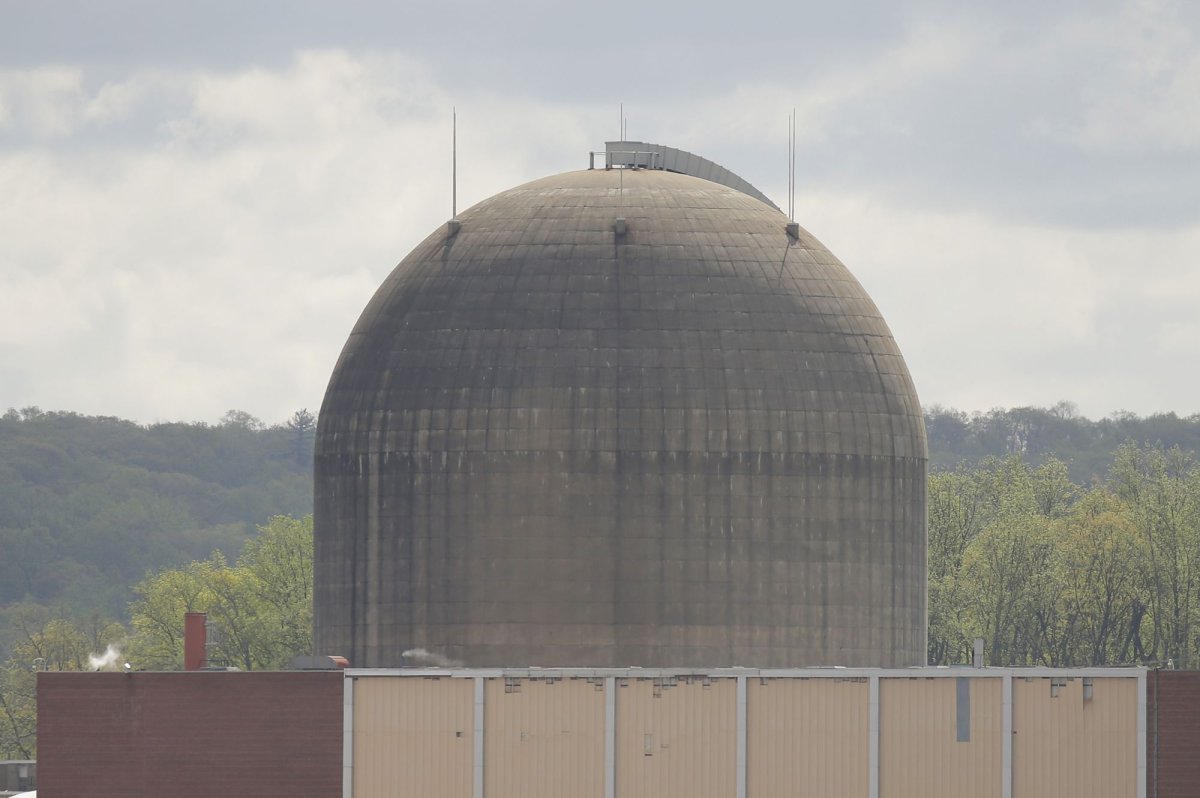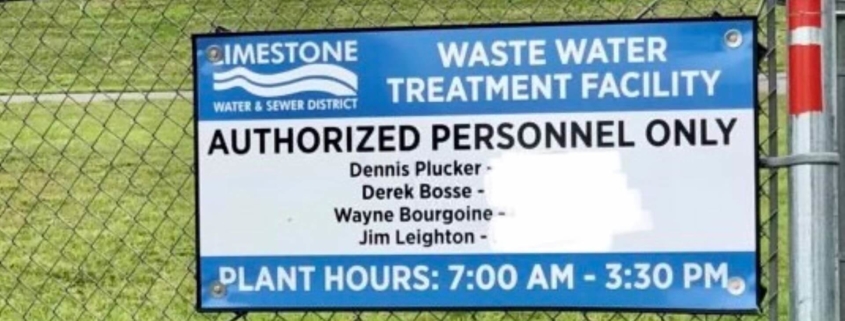Alabama-based Sentar gets federal grant to boost cybersecurity for nuclear plants
Federal grant money will help a business in Alabama build up the capability to address cybersecurity threats against U.S. nuclear power plants. File Photo by John Angelillo/UPI
Aug. 17 (UPI) — A federal grant will help with the development of a proof-of-concept study targeting potential cybersecurity threats at the nation’s nuclear power plants, Alabama-based Sentar said Thursday.
Sentar, which is geared toward cyber intelligence, said it secured a small-business research grant from its latest client, the Department of Energy.
Advertising
“Cyber resilience and reliability must become an operational imperative for critical infrastructure,” said Gary Mayes, the company’s senior research director. “It is essential to have the ability to mitigate damage once subjected to a cyber-attack and continue to maintain operations when systems or data have been compromised.”
The grant follows an early-year report from defense consultant Booz-Allen warning of cybersecurity threats from China. The Communist government, the report warned, uses cyberattacks “below the threshold of war” to target critical infrastructure in the United States.
Two years ago, the Port of Houston, among the largest in the country, was the target of a cyberattack that the Cybersecurity and Infrastructure Security Agency Director said was likely from an unidentified “nation-state actor.”
The White House released a national strategy to address the issue. The National Cybersecurity Strategy seeks to make two fundamental changes in the government’s digital security protocols, including a plan to enlist more help from the private sector to mitigate cyber risks, and a program to boost federal incentives to companies that make long-term investments in cybersecurity.
Sentar offered no details about its federal grant, though it did say that work on the project would begin immediately at its headquarters in Alabama.








